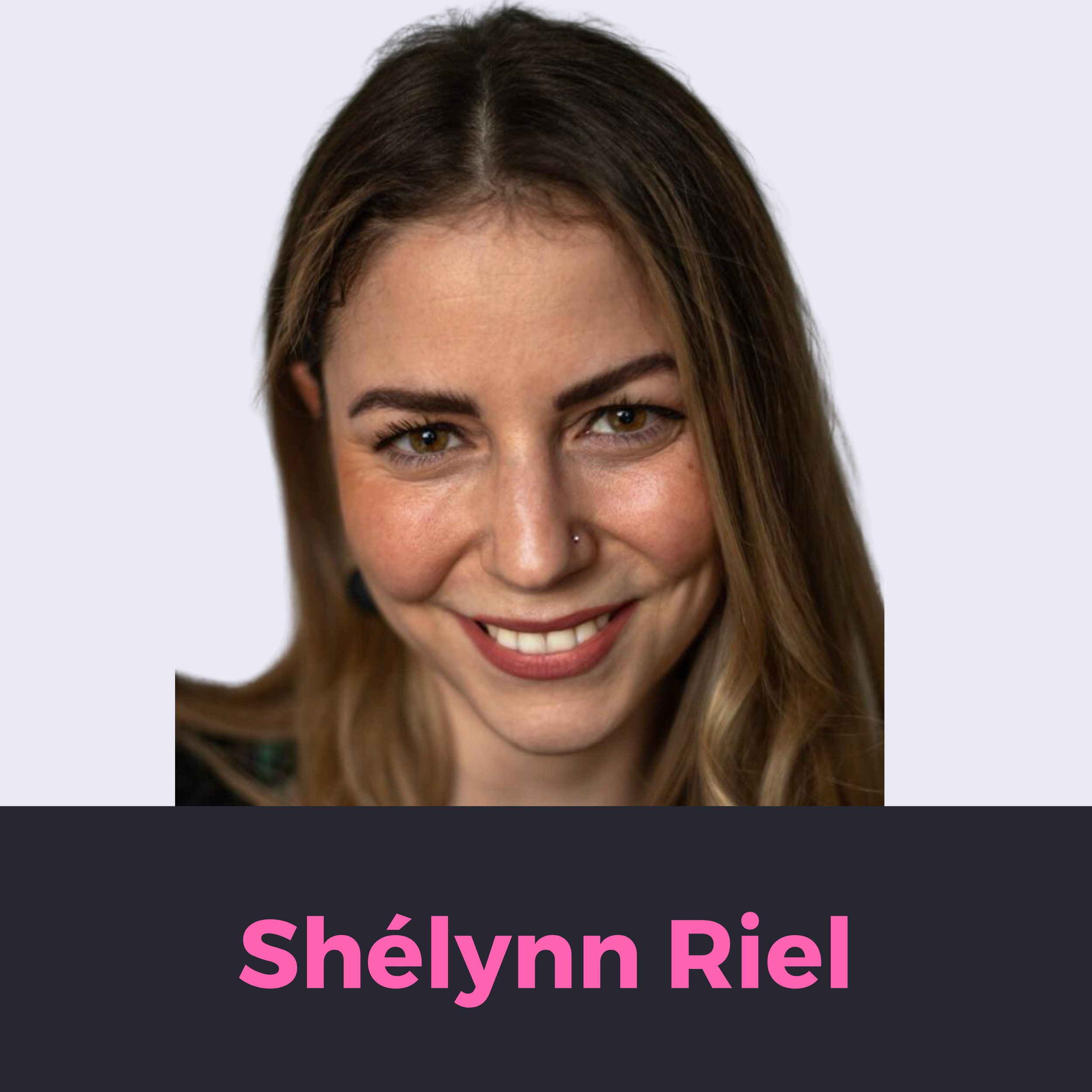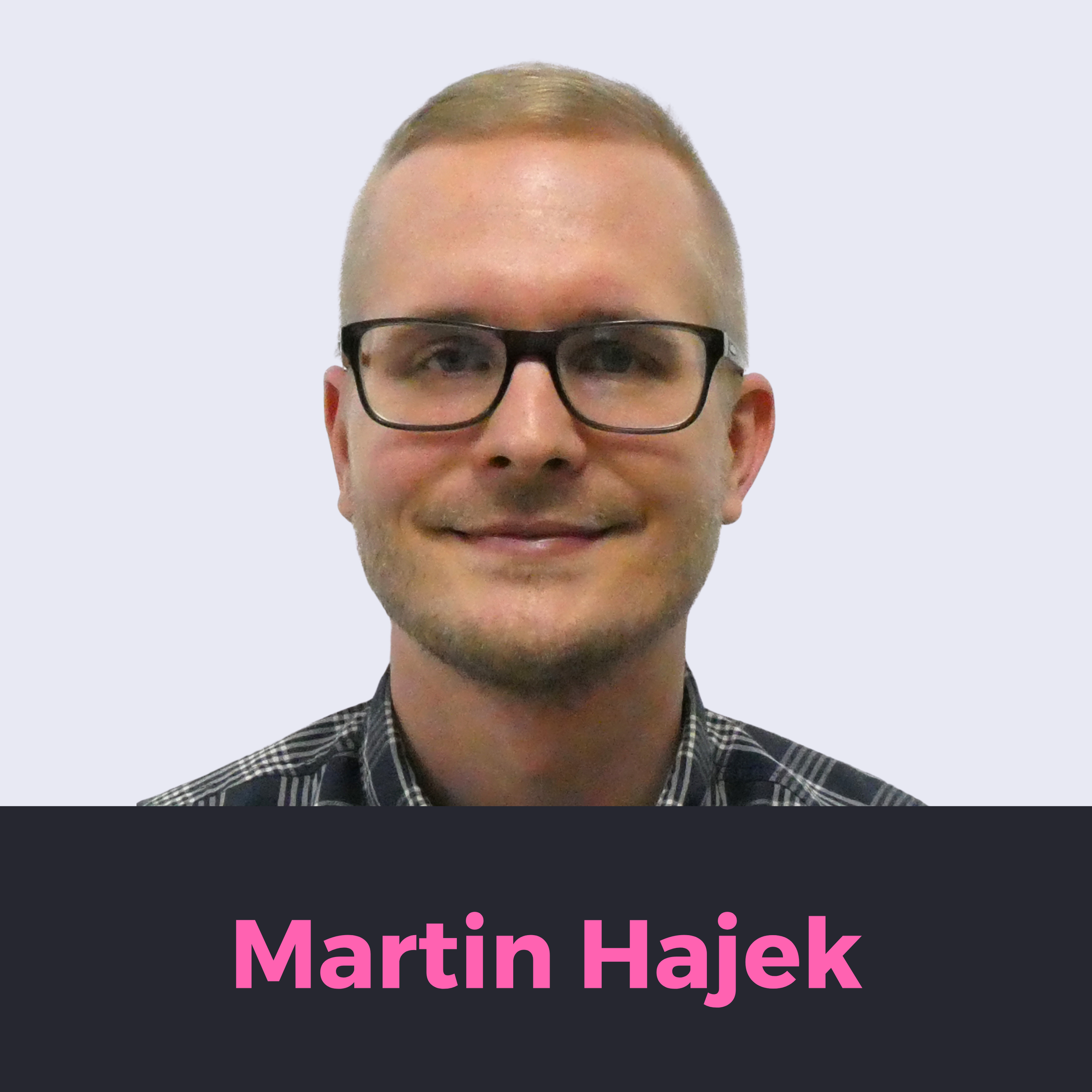S7E2: Taking a Career Break from Teaching with Sarah Omar
Teacher Trainer and Educator Sarah Omar shares the story of her career in teaching so far and what motivated her to take a break.
Key talking points
✅ How we can support our ongoing learning and build our network
✅ The value of building a professional development portfolio
✅ How setting personal learning goals can propel us forward
✅ Ways we can tackle self-doubt and uncertainty during a break
Follow Sarah's story on LinkedIn here.
To watch this episode with closed captions, click on the video below or scroll down to view the transcript.
Transcript
00:00:00:03 - 00:00:25:08
Laura
TESOL Pop. Season seven Episode two. Hello and welcome to TESOL Pop: the mini podcast for busy teachers. My name is Laura and joining me today to talk about making the most of a career break is Sarah Omar. Sarah is a freelance teacher trainer and educator with over ten years of experience in the theater teaching ESL and EFL. She's worked for the British Council in Cairo for eight years, in addition to a couple of other organizations.
00:00:25:10 - 00:00:45:00
Laura
Sarah is also a fellow podcaster, having created and produced the IELTS Café Podcast, a series of videos that help learners prepare for this international exam by giving them bite-sized tips. Her areas of interest are teacher wellbeing, assessment and materials development. Sarah, it's lovely to have you on the show. Welcome and thank you for your time.
00:00:45:02 - 00:00:49:06
Sarah
I'm so excited to be here with you, Laura. Thank you for having me on the show.
00:00:49:08 - 00:01:07:23
Laura
In today's episode, we'll talk about making the most of a career break, whether a short break of a few weeks or longer. Sarah will share her experiences exploring alternative paths, as well as share best practices that have helped her to make the most of her time. In this episode will respond to common concerns that we hear from educators on this topic
00:01:07:23 - 00:01:30:12
Laura
so you can navigate a career break with strategies to support your self-development with confidence. As with many TESOL Pop episodes, today's topic is relevant to many teaching contexts, whether you teach ESL or other subjects. So why not continue today's topic by sharing this episode with your teaching community? There are often a lot of reasons why people may take a career break, whether it's planned or unplanned.
00:01:30:16 - 00:01:34:00
Laura
Would you feel comfortable to share what your story is?
00:01:34:02 - 00:02:01:15
Sarah
Sure. So after working for a very long time in my job, I had hit a kind of like a rock bottom. I wasn't inspired anymore. I wasn't happy. I was bored. I was doing the same thing over and over again. I didn't have a lot of leeway to do whatever I wanted because I was following a system, so I couldn't just go and do whatever I wanted.
00:02:01:17 - 00:02:32:21
Sarah
I had to follow what my managers told me to do. So basically I was in a rut and I decided that, well, it was time to go on a self-discovery journey. A solo one, because no one was going to be with me on it. And also, I was really burnt out. No social life, literally. My job was taking over my, my, my social life.
00:02:32:23 - 00:02:52:15
Sarah
I wanted to try out new routes and territories in the field of ELT [English Language Teaching]. Like, for example, teaching a new specialty ESP [English for Specific Purposes] or business English or like doing things my own way. So that's when I decided that I had to leave.
00:02:52:17 - 00:03:15:09
Laura
Your story is really inspiring. I think it's going to inspire our listeners also to consider if a break or maybe reducing hours could be a possibility for them to explore avenues like you're doing. As we mentioned at the start of this episode, there are some common concerns that are associated with taking a career break. So I think we can like try and unpack some of these together and see see what your top tips are.
00:03:15:10 - 00:03:17:08
Laura
Shall we go see the first scenario?
00:03:17:10 - 00:03:19:04
Sarah
Of course.
00:03:19:06 - 00:03:37:23
Laura
I think this one you'll be very familiar with but often when people are thinking about taking a break, they say, ‘well, what will recruiters ask me about my work experience and that gap on my CV? I won't know what to say and it may hinder my chances of finding future work.’ What would you suggest in this scenario?
00:03:38:00 - 00:04:09:09
Sarah
You want to have solid proof that during this career break you were still engaged in any form of professional development. You don't want to give them the impression that you were idle, especially if you are planning on going back to the field at some point. So what I have been doing is attend CPD, webinars, conferences, keep a record of what I have learned and share it on a social networking platform like LinkedIn.
00:04:09:11 - 00:04:42:13
Sarah
So this is basically will help you get noticed by recruiters because actually what recruiters on their doing is like connect to people who are like searching for a job straight on LinkedIn, even if you don't send them your CV first. So if you if you succeed at making or proving your presence on a platform like LinkedIn, then this is a really big step in your next career move.
00:04:42:15 - 00:05:07:22
Sarah
So thus you will be hitting two birds with one stone and one of the plus sides of attending virtual CPD events is that you get to receive a certificate of attendance, which you can show off on your personal profile. And that's what I meant by solid proof. It's basically trying to show people that you have been doing something with your time, something valuable.
00:05:07:24 - 00:05:28:01
Sarah
You didn't just forget all the years of hard work that you have put into practice and you can you still have something to offer even though you've been on a break for a while. Not really a break. You are trying to do something else, something different. If that was your case, if this was the scenario you were in.
00:05:28:03 - 00:05:48:18
Laura
For the second concern, I think a lot of people may feel that when they're are on a break or about to go on a break, that they're going to lose a lot of those resources and networks, whether it's a membership to a particular organization or a subscription to journals, or they've paid attendance to certain events such as the conferences, the IATEFL conference, for example.
00:05:48:20 - 00:05:55:09
Laura
What would you say in response to that concern where they feel like the budget and the resources is kind of shrinking down a lot?
00:05:55:11 - 00:06:38:21
Sarah
That is something I had to deal with myself, but the great thing about one of the organizations IATEFL - not just IATEFL, but they do offer free access to some of the like webinars, not all of them, obviously, but some of them. A lot of the webinars are open for registration for both members and nonmembers alike. So you don't have to worry about paying them and some other places sometimes they offer discounted Earlybird sale or whatever kind of ticket that you can buy.
00:06:38:23 - 00:06:52:23
Sarah
But if you don't have or if you're tight on a budget, then you can just access those IATEFL webinars, you can find also some recordings posted on YouTube. But yeah, you can find plenty of free resources.
00:06:53:00 - 00:07:14:14
Laura
Absolutely right. And I think Trinity College, London, a lot of the big publishers and exam boards, they also offer free events as well. I know Trinity does do like Future of English teaching conference once a year or twice a year even. That's completely open and free. So we're quite lucky to live in the age we're in that there are so many open education resources that are freely accessible.
00:07:14:16 - 00:07:41:00
Laura
That's really a good point. What about errr I want to kind of go into the other concerns that people may have. And I certainly felt this concern when I knew, like yourself that I needed to take a break and put things on pause. But I wasn't originally I wasn't initially sure what I wanted to do. And the first initial weeks of actually leaving my work, I felt like I didn't have a sense of direction and I felt a little bit lost at sea.
00:07:41:02 - 00:07:47:20
Laura
Have you experienced that at all and have any insights and tips on how to navigate that quite uncomfortable feeling?
00:07:47:22 - 00:08:07:07
Sarah
It's really important that you have to always reassure yourself that you are on the right track, even though it's not a linear process that you will sometimes know exactly what you're doing. Even when you were on a full time job, some a lot of times I felt like I didn't really know where I was going with my life or what I was doing.
00:08:07:09 - 00:08:32:17
Sarah
So it's it's a very, very normal experience. But in terms of people who like to plan and who don't like to be controlled by this sense of self doubt, you need to create what I like to call a visual plan with learning aims similar to what you add at the beginning of a lesson plan, only more visual and less intimidating.
00:08:32:19 - 00:09:02:13
Sarah
So for example, by the end of August 2023, I will have attended two virtual conferences, presented a webinar on an area of interest, etc. You'll also have to add a timeline. We have a lot of like programs that can help you make this as visual as possible, like PowerPoint or something else. So you can help visualize the process as you're going through it.
00:09:02:15 - 00:09:06:03
Sarah
So this can give you a sense of security or safety.
00:09:06:05 - 00:09:19:18
Laura
And it can also you can see your progress if you've got like that visual piece of like your goals and what you're working on short term, maybe some long term goals as well, you can feel a sense of moving forward, it seems.
00:09:19:20 - 00:09:53:01
Sarah
Exactly. That's the point. Because if you if you feel like, okay, well, I'm attending all these webinars and I'm doing some freelance work, like what I'm doing right now, appearing on a podcast, presenting a webinar, engaging in a workshop, etc., sometimes you'll see like, are people really benefiting from what I'm doing? Am I doing the right thing? Well, there is no right or wrong answer to this question, really, because at the end of the day you are experiencing something new.
00:09:53:02 - 00:10:02:06
Sarah
You're experimenting with new things, and if you're not open to experimenting, then maybe the step is not right for you from the first place.
00:10:02:08 - 00:10:27:09
Laura
You mentioned earlier that self-doubt and those waves of kind of inner troll interfering with our thoughts when we are on a path that we've maybe planned or unplanned, but we've pursuing a break that can kind of get us to second guess what we're doing. I've certainly been there where people have come up to me and they say, ‘Oh, Laura you're so brave starting your own business and doing your own thing.
00:10:27:09 - 00:10:45:13
Laura
I would never do that. Like, it's too risky.’ I'm like, Oh, maybe I'm taking too much risk and it can make me lose confidence. So this may apply to other people. And in those scenarios, I do look at LinkedIn and think, maybe I'll look at a few jobs, maybe I'll apply for a few. I don't know. But this is not obviously what I want to do.
00:10:45:15 - 00:10:54:07
Laura
This is a really kind of like inner troll kind of moment that can really be quite gripping. Do you have any tips on how to kind of navigate those moments of self-doubt?
00:10:54:09 - 00:11:28:18
Sarah
Yeah, definitely. I've struggled with both quite often. And again, I will keep saying that this is part of the experience, so you just have to embrace it. But what you can do to shush those voices in your head is seek feedback and as like simple as it might sound, it is no secret that one of the reasons why people get into the field of ELT is the assurance that we matter, that that is why we thrive on making our students happy, because we want to hear those little thank you's.
00:11:28:20 - 00:11:55:05
Sarah
You're a great teacher, which keeps us going, especially when we are under stress. And let's face it, even though we love this job, it can be very stressful at times. So I find that feedback is the fuel that keeps us going, either by assuring us that we are doing a good job or helping us improve and grow. But like how can we seek feedback if you are currently unemployed?
00:11:55:11 - 00:12:22:10
Sarah
And this will take me to what I said before about networking once people start noticing you and what you're doing, be it presenting at a conference or writing an article in a magazine, they will definitely give you their opinion. In my experience on LinkedIn during my hiatus, I found that people are very supportive and willing to offer help, even if you don't seek it yourself.
00:12:22:12 - 00:12:53:08
Sarah
So every time I feel like I'm stuck or lose my sense of direction, I just post about it and see what others have to say. And this is what I meant by a sense of belonging you need like because currently I don't have an entity that I belong to, so I need to have some kind of community. So connecting with people from the same profession has helped me a lot.
00:12:53:10 - 00:13:10:11
Sarah
Gain a better perspective of what areas I need to continue focusing on or what areas are that I shouldn't be bothering wasting my time on. So feedback networking are key elements of keeping those inner trolls away.
00:13:10:13 - 00:13:30:05
Laura
That's really helpful advice. I think that's really good for us all to bear in mind whether we're on a career break or not, because I think that kind of self-doubt can always creep in at any time can’t it, in our day to day lives. Sarah It's been really inspiring talking to you today. Thank you so much for being open and sharing your story and sharing your tips.
00:13:30:07 - 00:13:32:03
Sarah
It was my pleasure. Thank you, Laura.
00:13:32:04 - 00:13:48:05
Laura
So if you'd like to connect with Sarah, I've included her LinkedIn in the show notes and in the description below, so you can find that easily. If you have a question that you'd like us to answer or like Sarah, you have a topic to pitch for the podcast, then you can contact us via Facebook, Instagram or the website.
00:13:48:09 - 00:14:03:03
Laura
tesolpop.com. Finally, if you love the work, we do at TESOL Pop you so you can support us by leaving a rating and review wherever you listen to the podcast, by sharing this episode with your teaching community or by even buying his coffee at coffee at ko-fi.com/tesolpop
You might also like
Good to know
This blog space and its associated multimedia content contain affiliate links. To learn more about how affiliate links work, please read our disclaimer here.




Senior Teaching Associate Josianne Block unpacks the concept of translanguaging. Josianne shares insights on how embracing learners’ linguistic resources can enhance communication, foster inclusivity, and create a more dynamic learning environment.